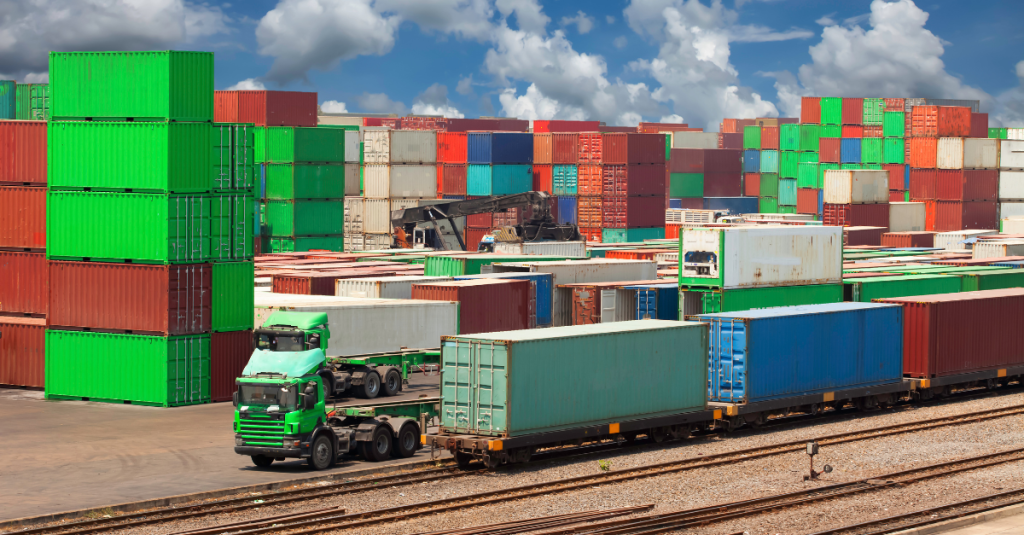Sustainable forest product transport is crucial in addressing the environmental challenges of deforestation, climate change, and biodiversity loss. As global demand for timber and other forest products increases, so does the urgency for effective and responsible transportation practices. Leading the future of this transport requires a multifaceted approach that encompasses innovative logistics, adherence to sustainability principles, and the adoption of advanced technologies. A key aspect of sustainable transport involves optimizing supply chains to minimize carbon emissions and reduce waste. This can be achieved through better route planning, load optimization, and the use of eco-friendly transportation modes. For instance, transitioning from road to rail transport can significantly lower greenhouse gas emissions, as trains can carry larger loads over longer distances more efficiently. Moreover, integrating multi-modal transportation systems allows for a seamless transfer of goods between different modes, further enhancing efficiency and sustainability. Another essential component is ensuring compliance with legal and regulatory frameworks governing forest product transport.

By ensuring that only certified timber enters the supply chain, companies can guarantee that their products come from responsibly managed forests, thus preserving ecosystems and supporting local communities. Companies that prioritize transparency and traceability in their operations will not only enhance their credibility but also gain consumer trust in an increasingly eco-conscious market. Technology plays a vital role in transforming the landscape of forest product transport. The adoption of blockchain technology can enhance traceability throughout the supply chain, enabling stakeholders to track the origin of materials and ensure compliance with sustainability standards. Additionally, utilizing Internet of Things (IoT) devices can provide real-time data on the movement and condition of products, allowing for better inventory management and reduced spoilage. Furthermore, advancements in artificial intelligence (AI) can optimize logistics by predicting demand patterns and streamlining transportation routes, ultimately reducing costs and emissions.
Collaboration among stakeholders is also critical in driving sustainable practices in forest products cargo. This includes partnerships between governments, NGOs, and the private sector to develop policies that incentivize sustainable transport practices. By fostering a collective commitment to sustainability, stakeholders can share best practices, develop innovative solutions, and create a more resilient supply chain. Education and awareness initiatives are essential in this context, as they empower businesses and consumers to make informed choices regarding sustainable products. In conclusion, leading the future of sustainable forest product transport necessitates a holistic approach that integrates advanced technologies, regulatory compliance, and collaborative efforts. By prioritizing sustainable practices, stakeholders can not only mitigate the environmental impact of forest product transport but also contribute to the broader goal of achieving sustainable development. As the world continues to grapple with the consequences of climate change, the commitment to sustainable forest product transport will play a pivotal role in ensuring that our forests thrive for future generations.
